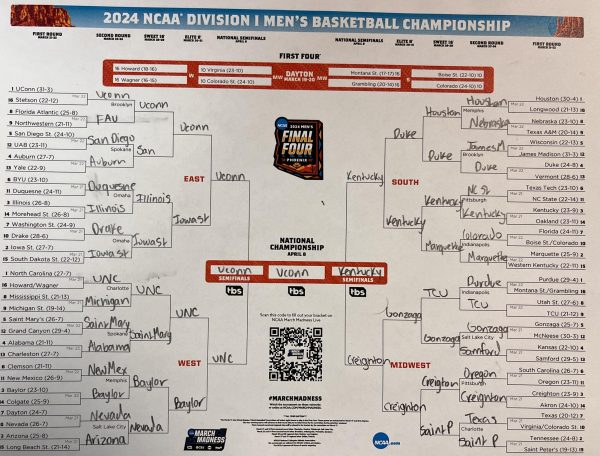The education system is changing. Where schools’ attention was once only fixated was on the core subjects–– language arts, social studies, science and mathematics–– this is no longer the case. Now, as colleges grow to put value in activities outside of school, extracurriculars are becoming increasingly relevant to students’ lives.
But some dislike this change. More time dedicated to activities out of school means less time dedicated to activities in school, and this is a prospect for which some students and parents have a distaste.
But we disagree. Extracurriculars are a key aspect of students’ preparation, and as such, deserve to be emphasized as a part of the education system.
Firstly, extracurriculars add responsibility into students’ lives. Beyond their own work and academic success, students are forced to maintain a responsibility for others as well. A common extracurricular activity is team sports. In them, students are required to push themselves not just for their sake, but also, the sake of the team. And this is driven not by grades, but a responsibility to support the entirety of the group–– a lesson which needs to be emphasized by the education system.
Secondly, they provide students with a job-like experience. Extracurriculars are, inherently, a medium between a job and an academic course. Core academics alone do not provide experience beyond the classroom. But holding a job outside of school is a strenuous task, for which some students will not have enough time. School-bound extracurriculars, however, are a slice of both. With activities such as band integrated into school schedules, they do not absorb as much time as a job outside of school. But also, they mimic the experience a job would offer–– experience that, if not fully accessible, should be expressed in students’ education through the next best option.
And finally, these activities allow students to choose their paths early. With jobs, there will always be age requirements. But with extracurriculars, there are few limits as to how soon students can join. As early as middle school, students have the opportunity to join a sports team, UIL or band. And with this earliness, students will have more time to experiment with various pathways. An out-of-school job may provide money, but extracurriculars give students a taste of different studies–– in music, sports, journalism. And this opportunity is not one that should be pushed aside by the education system, but rather, deserves to be recognized by it.
There are, however, arguments against this conclusion. Some note that activities like band and sports may not provide skills useful later in life, that this time should be devoted to more universal studies–– mathematics, for instance.
But these subjects are of relevance later in life, just in a different sense. Though the skills built may not be of importance, the out-of-school experience is. Like any job, the purpose of extracurriculars is to prepare students for the responsibilities and experiences of the real world–– even when some of the skills acquired do not.
The education system is changing. And when it comes to the integration of extracurriculars into student life, the best solution is to let the trend continue.
Extracurricular activities are crucial to students’ preparation. And as such, they should continue to play a distinguished role in students’ lives.








